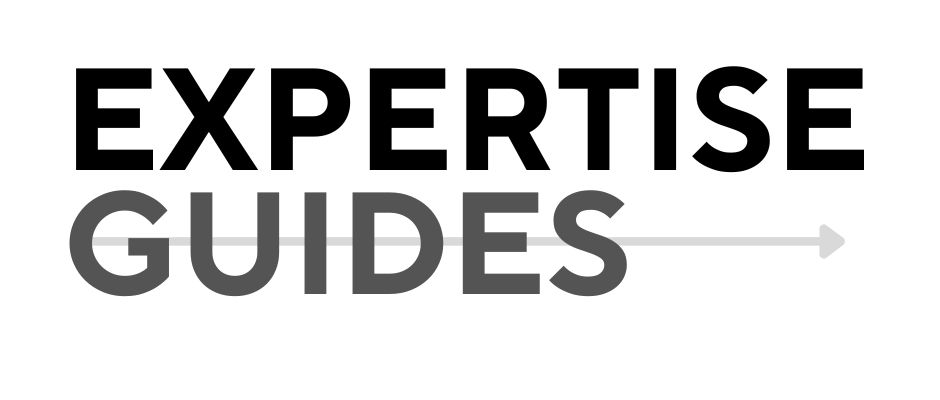Summary:
Unlock your potential by mastering conflict resolution with these transformative skills that benefit both your personal and professional life.
Key Insights:
– Effective conflict resolution can increase productivity by 25% (CPP Global Human Capital Report, 2008).
– Companies that train employees in conflict resolution see a 67% improvement in team dynamics (American Management Association, 2019).
– Reduced turnover rates by up to 50% in organizations with strong conflict resolution programs (SHRM, 2020).
Introduction
Have you ever found yourself in a heated disagreement at work, feeling the tension rise and wondering how to de-escalate the situation? I’ve been there too. Early in my career, I struggled with managing conflicts effectively, often leading to strained relationships and missed opportunities. But through learning and practice, I discovered the true power of enhanced conflict resolution. It transformed my professional interactions and personal growth, and it can do the same for you.
The Problem
Conflict is an inevitable part of any work environment. According to the CPP Global Human Capital Report (2008), employees spend nearly 2.8 hours per week dealing with conflict, costing companies millions in lost productivity. But beyond the financial impact, unresolved conflicts can lead to a toxic work culture, high turnover rates, and damaged relationships.
Why do these problems persist? Often, it’s due to a lack of skills and understanding in managing emotional tensions. Many people avoid conflict altogether or respond reactively, which only exacerbates the issue.
Why This Problem Exists
One of the main reasons conflicts escalate is the lack of emotional intelligence and communication skills. Emotional analytics, however, offers a deeper understanding of the emotional drivers behind behaviors. This can help in identifying underlying issues and addressing them constructively. Without these insights, it’s easy to misinterpret intentions and react defensively, leading to further misunderstandings and friction.
The Solution
So, how can we turn conflicts into constructive conversations? Here are some actionable strategies:
-
Active Listening: Make a conscious effort to listen to the other person’s perspective without interrupting. This shows respect and helps you understand their viewpoint.
-
Empathy: Try to see the situation from the other person’s perspective. Empathy can defuse tension and pave the way for a more productive dialogue.
-
Clear Communication: Clearly articulate your thoughts and feelings without blaming or accusing. Use “I” statements to express how you feel and what you need.
-
Seek Common Ground: Focus on finding solutions that meet the needs of both parties. This collaborative approach fosters mutual respect and understanding.
Breaking It Down
Active Listening:
When you’re in a conflict, the first step is to listen actively. This means fully concentrating, understanding, and responding thoughtfully. Instead of planning your rebuttal, focus on what the other person is saying. This can prevent many misunderstandings and shows that you value their perspective.
Empathy:
Empathy involves recognizing and appreciating the emotions and experiences of others. It’s not about agreeing with everything they say but understanding their feelings and motives. This can be a game-changer in resolving conflicts, as it builds trust and opens up a path for constructive dialogue.
Clear Communication:
Communication is key in conflict resolution. Instead of saying, “You always ignore my emails,” try, “I feel frustrated when my emails aren’t addressed because it slows down our project.” This shifts the focus from blame to expressing your needs.
Seek Common Ground:
Finally, aim to find a solution that benefits everyone involved. This means being willing to compromise and collaborate. Ask open-ended questions like, “What can we do to ensure this issue doesn’t happen again?” This approach fosters a team-oriented mindset.
Action Steps
To enhance your conflict resolution skills, start by practicing these strategies in your daily interactions:
- Reflect on Past Conflicts: Identify what went wrong and what you could have done differently.
- Role-Play Scenarios: Practice with a friend or colleague to build confidence.
- Seek Feedback: Ask for feedback on your conflict resolution approach and be open to improvement.
- Continue Learning: Read books, attend workshops, and explore resources on emotional intelligence.
Conclusion
Mastering conflict resolution is not just about resolving disputes; it’s about transforming relationships and unlocking your potential. By improving your skills in active listening, empathy, clear communication, and collaboration, you can create a more harmonious and productive environment.
My Ask
What do you think? Share your perspective in the comments. If this resonates with you, tag someone who could benefit from these insights.
About Me
I’m passionate about fostering positive work cultures and helping individuals unlock their potential through enhanced conflict resolution skills. Let’s connect and grow together!
Enhanced Leadership Decision-Making: Emotional analytics provides leaders with insights into the emotional drivers behind team behaviors, enabling more empathetic and effective decision-making.
Improved Employee Engagement and Culture: By analyzing emotional data, organizations can identify factors that contribute to employee satisfaction and engagement.
Boosted Client Retention: Emotional analytics helps businesses understand client emotions and expectations, allowing for tailored interactions that build stronger relationships.


